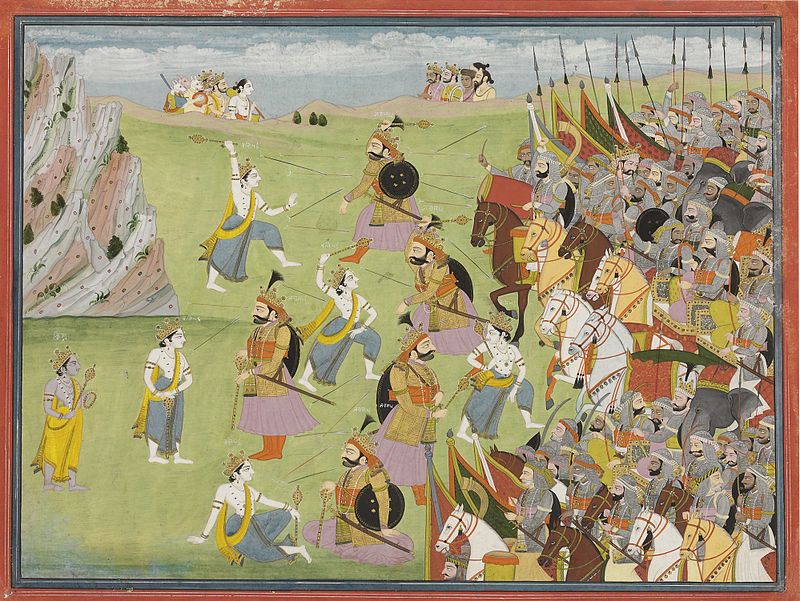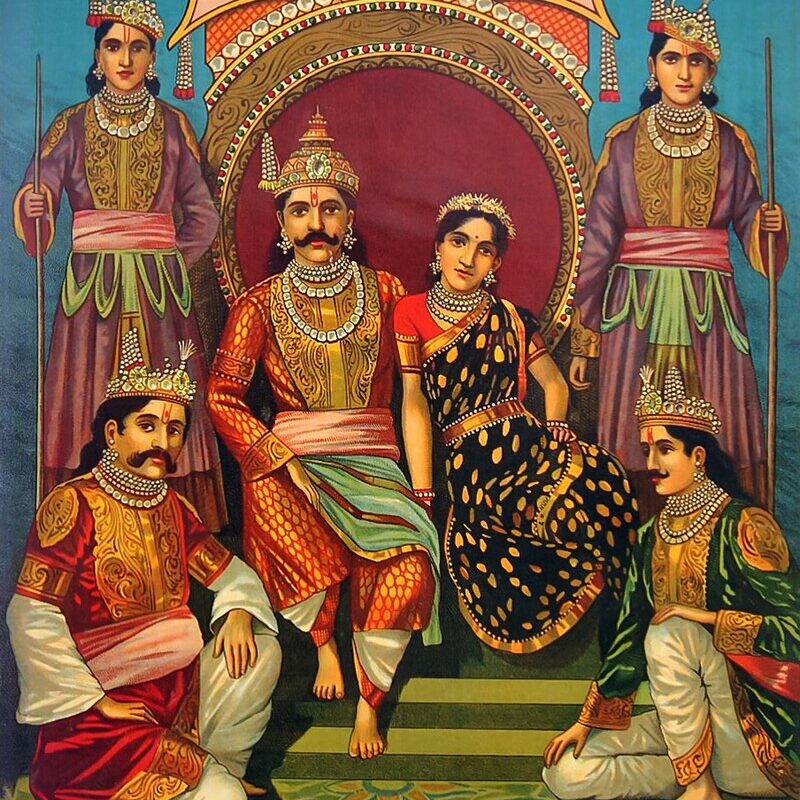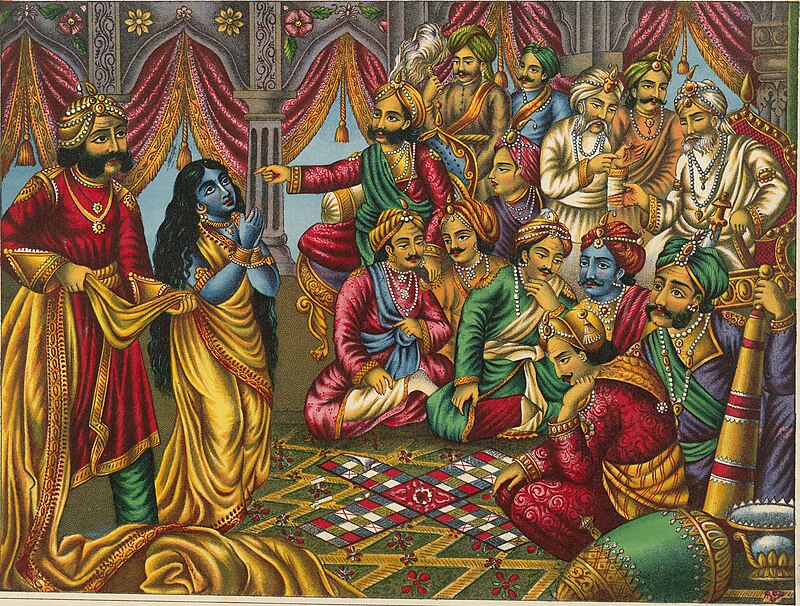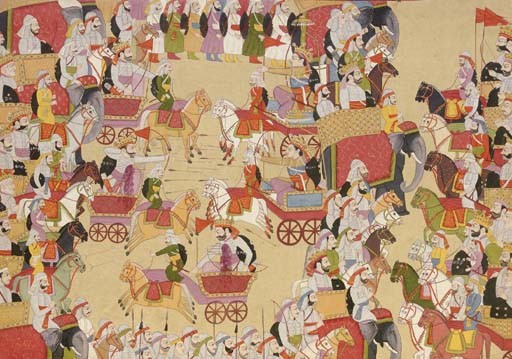
One of the greatest epics of Hindu mythology, the Mahabharata captures the essence of life, morality and everyday fact. Written through Rishi Vyasa, this historical tale is a treasure trove of understanding, braveness and intricacy that has been enjoyed via generations for hundreds of years. We begin the journey with the aid of introducing you to the highlights, characters and timeless training of the Mahabharata.

Table of Contents
Origin And Background
The Mahabharata is notion to were composed among the fourth and fourth centuries BCE, making it one of the oldest and longest epics inside the entire world.
Traditionally, Rishi Vyasa is credited with writing the Mahabharata, and it’s far stated that his shape narrated the Mahabharata to Lord Ganesha, and wrote it down.
Set within the historical United Kingdom of Bharatvarsha (India), the Mahabharata tells the story of the dynastic war among the Pandavas and the Kauravas for the throne of Hastinapur.
The vital man or woman Pandavas: The six brothers—Yudhisthira, Bhima, Arjuna, Nakula and Sahadeva—who play essential roles inside the epic are the sons of Pandu. Kauravas – Hundreds of sons of King Dhritarashtra led via Duryodhana challenged the Pandavas and competed for energy. Krishna: An incarnation of Lord Vishnu who serves as Arjuna’s charioteer and mentor, guiding him via the ethical stressful situations of warfare.

Draupadi: The spouse of the Pandavas, whose many marriages and subsequent scandals shape the number one plots of the unconventional. Bhishma, Karna and Drona: crucial characters whose loyalties and deeds form the Mahabharata.
Ethical Predicaments:
The Mahabharata is replete with moral dilemmas confronted via its characters, difficult their ideas and convictions.
Yudhishthira’s Dilemma: Yudhishthira’s vulnerable factor for playing ends in the Pandavas’ exile and the following undertaking of dice, in which he risks his us of a, his brothers, and even his spouse Draupadi. Despite knowledge the consequences, he struggles to uphold fact (satya) at the fee of obligation (dharma).

Arjuna’s Moral Crisis: On the eve of the Kurukshetra War, Arjuna is overcome via using doubt and ethical ambiguity. He questions the righteousness of killing his private loved ones and beloved instructors in struggle. Krishna’s discourse, the Bhagavad Gita, addresses Arjuna’s ethical seize 22 scenario, emphasizing the significance of duty and detachment.
Karma and Destiny:
The idea of karma pervades the Mahabharata, shaping the movements and fates of its characters.
Consequences of Actions: Characters which incorporates Karna and Bhishma grapple with the repercussions of beyond deeds, each virtuous and sinful. Karna, irrespective of his valor and generosity, faces tragic consequences because of his begin mystery and alliance with the Kauravas.

Destiny and Free Will: While the epic recognizes the function of future (prarabdha), it moreover underscores the significance of character commercial enterprise enterprise and loose will. Characters make alternatives that have an effect on their destinies, illustrating the interaction amongst destiny and personal duty.
The Mahabharata’s intricate exploration of cosmic war and moral dilemmas offers a nuanced information of human nature and the ethical complexities of existence. Its undying classes on righteousness, duty, and the consequences of movement hold to resonate with audiences worldwide, inviting mirrored image on the enduring quest for reality, justice, and spiritual enlightenment.

Leave a Reply